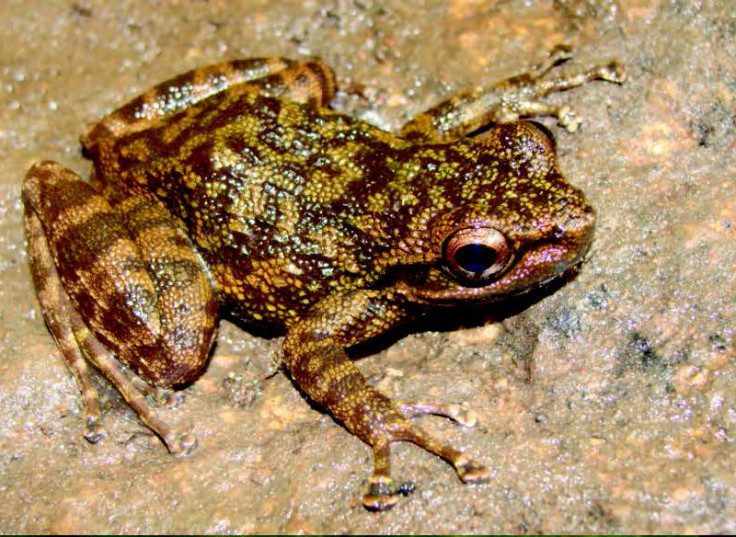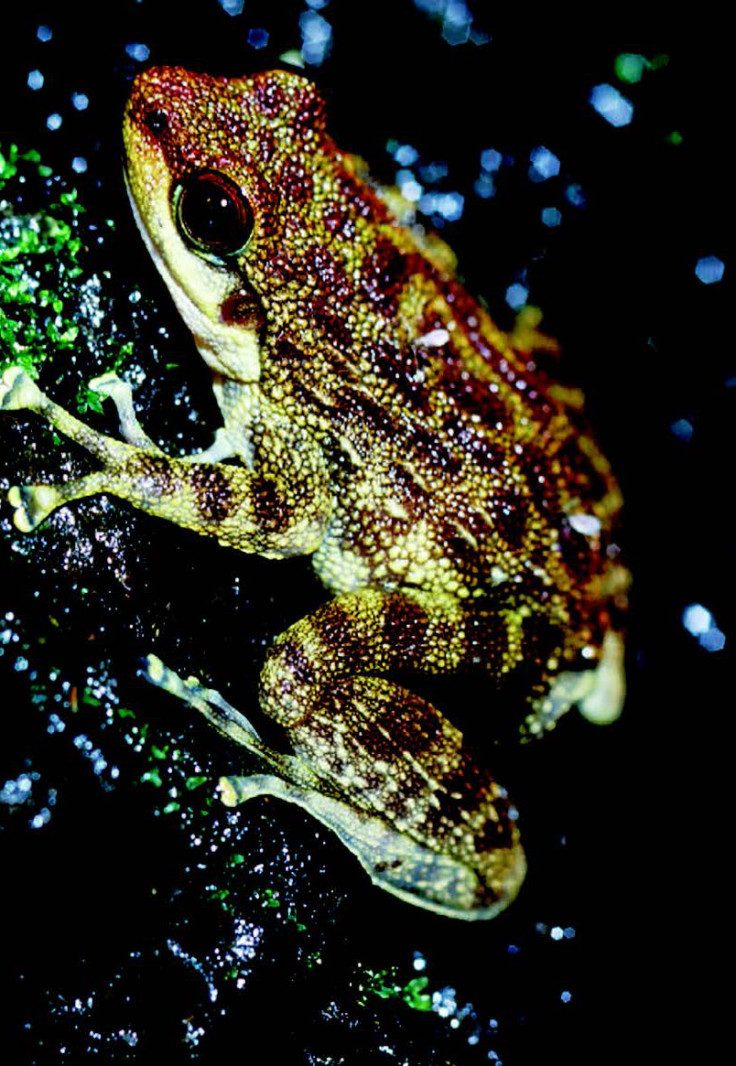West Africa: Four new tooth-frog species discovered after a century of misidentification
Four new species of tooth-frog have been identified in West Africa, over 100 years after initially being identified as one single species Odontobatrachus natator.
Tooth-frogs are named so because of their unique jawbones that have tusk-like appendages on the lower jaw and curved upper teeth.
O. natator was discovered in 1905 and because the frogs were identical, they were all assigned to this one species.
However, Michael F Barej and his colleagues suggested the existence of a complex of cryptic species (that are structurally identical) and using morphological analyses on more than 150 adult specimens, scientists found an unexpectedly high molecular variation.

Published in the journal Zoosystematics And Evolution, the scientists from the Museum für Naturkunde in Berlin found there to be at least five species belonging to the Odontobatrachus genus – four of which are new to science.
All are considered highly endangered because of their small distribution ranges and habitat loss in the Upper Guinean biodiversity hot spot.
The descriptions of the new species are based on combinative analysis of genetics and the morphological characters.
"Since the first description, West African torrent-frogs have been regarded as a single species: Odontobatrachus natator," the authors wrote. "Although inter-population differences in colouration and shape of dorsal glands have been reported, this has not resulted in taxonomic actions.

"Based on molecular data, five distinct lineages (therein treated as Operational Taxonomic Units, OTUs) were recognised in this supposedly monospecific family, indicating hitherto overlooked cryptic species."
The scientists say also further analysis must be carried out on the new species. They added: "Recognition and description of species is just a first step which provides the baseline for subsequent studies to gather further data on the ecology or behaviour – or simply: naming does not mean knowing a species. Our knowledge on the family is still incomplete."
© Copyright IBTimes 2025. All rights reserved.






















